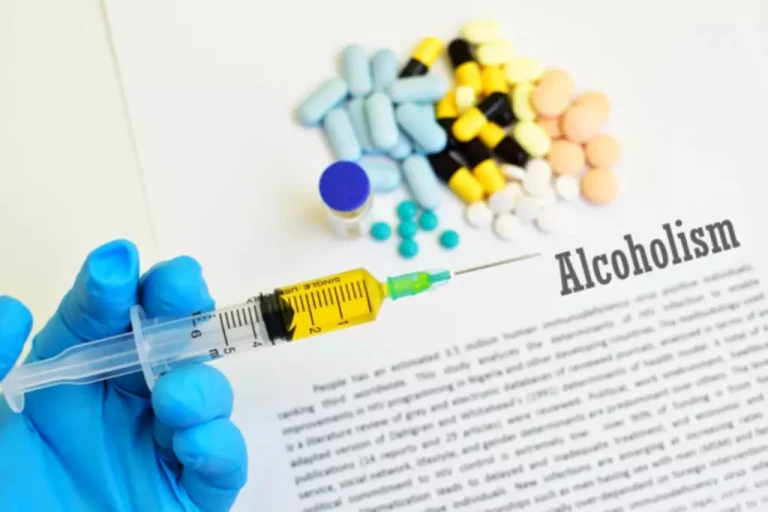Apart from the systemic manifestations which do affect a particular system of the body, there are various disorders in which alcohol indirectly provides its crucial contribution. It is a common finding that one could perceive that alcohol is most of the time in the list of risk factors for various diseases. Alcohol has been found to adversely affect our immune system and the matter of concern as far as this issue is concerned is that immune responses are influenced by even moderate amounts of alcohol intake [26]. Alcohol affects innate immunity and also interferes with almost all the various aspects of the adaptive immune response. Alcohol is a key player in impairing anti-inflammatory cytokines and also promotes proinflammatory immune responses.

Risks start from the first drop
In people assigned female at birth, consuming more than four drinks in one sitting is considered binge drinking. However, there may be legal, financial, or relational consequences for drinking heavily. Binge drinking is behavior that raises blood alcohol levels to 0.08%. That usually means four or more drinks within two hours for women and five or more drinks within two hours for men.
- Cell membranes are highly permeable to alcohol, so once alcohol is in the bloodstream it can diffuse into nearly every cell in the body.
- Alcohol can cause both short-term effects, such as lowered inhibitions, and long-term effects, including a weakened immune system.
- Alcohol is one of the leading causes of death in the United States, contributing to approximately 178,000 deaths annually.
- The evidence for moderate alcohol use in healthy adults is still being studied.
- Too much alcohol affects your speech, muscle coordination and vital centers of your brain.
- It also includes binge drinking — a pattern of drinking where a male has five or more drinks within two hours or a female has at least four drinks within two hours.
Long-Term Health Risks

The short-term effects of alcohol develop quickly—within minutes after your first drink—impacting mood, coordination, speech, memory, and behavior. For example, a usually shy and quiet person may become increasingly chatty, socially confident, and outgoing when drinking alcohol. Lowered inhibitions can also lead to poor decision-making and increase the risk of engaging in risky behaviors. Drinking any amount or type of alcohol has a wide range of short- and long-term effects on your physical and mental health. As a central nervous system depressant, alcohol slows the body’s systems and leads to noticeable changes in cognitive and physical functions.
Alcohol’s health effects: What you need to know

Once the effects of alcohol wear off, glutamate (a neurotransmitter) levels increase, which can lead to feelings of depression and anxiety, or “hangxiety” (hangover and anxiety), the day after drinking. This effects of alcohol on the body slows the communication between brain cells and has a calming effect on the mind and body. This is why you might feel relaxed and as though your stress and tension are melting away when drinking alcohol.
Effects of short-term alcohol use
Past guidance around alcohol use generally suggests a daily drink poses little risk of negative health effects — and might even offer a few health benefits. Alcohol can cause both short-term effects, such as lowered inhibitions, and long-term effects, including a weakened immune system. https://ecosoberhouse.com/ After a night of drinking, you may have gaps in memory, in which you recall some details from a situation or event but forget others. Alcohol’s impact on memory and consciousness is based on its effect on the hippocampus, the part of the brain that controls memory and learning.
